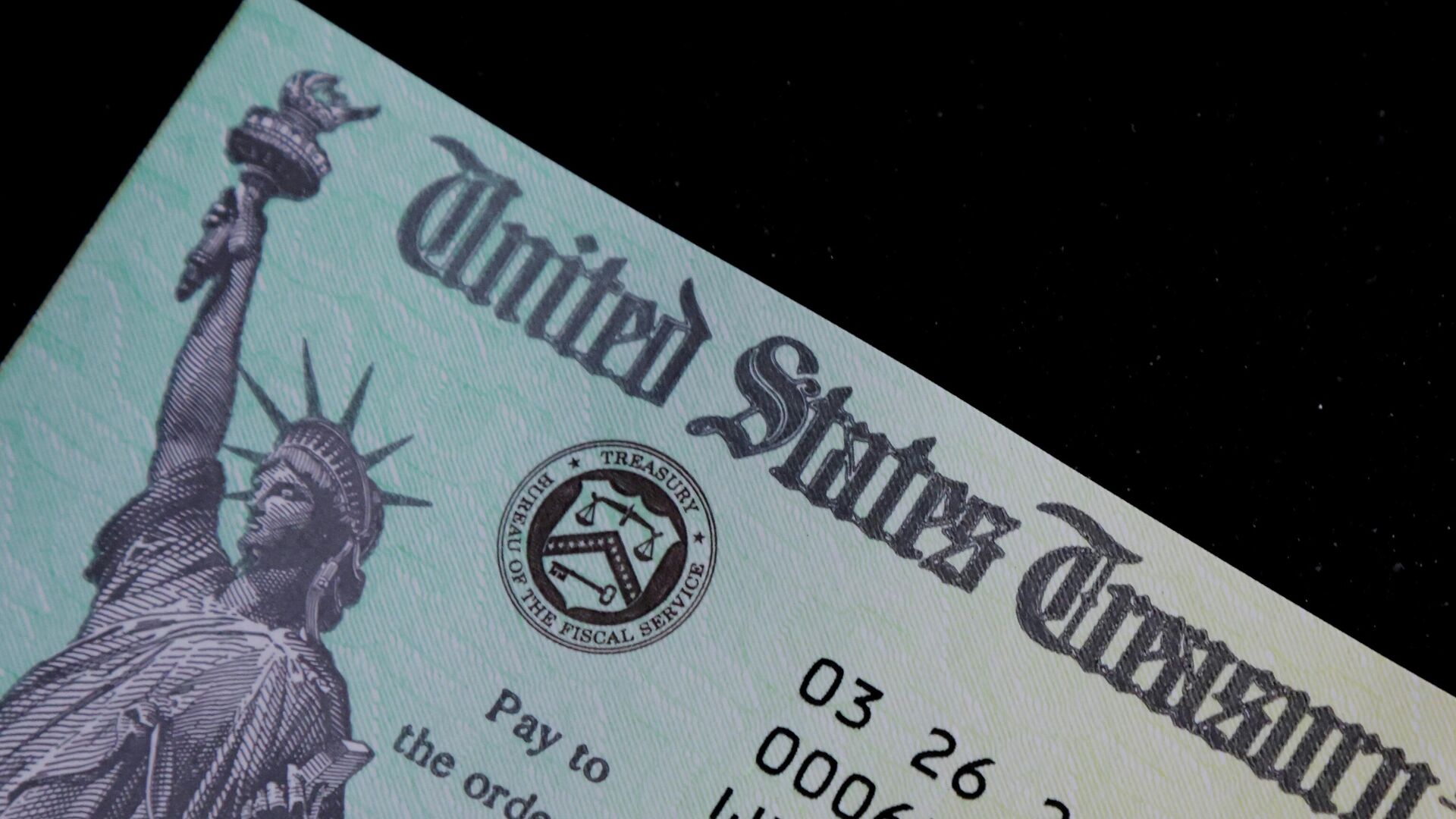What Will Happen if US Congress Fails to Act on Debt Ceiling by Mid-October?
19:16 GMT 01.10.2021 (Updated: 20:34 GMT 19.10.2022)

© REUTERS / Brian Snyder
Subscribe
Earlier in the week, US Treasury Secretary Janet Yellen sounded the alarm in her letter to House Speaker Nancy Pelosi, saying that the failure to act as soon as possible on either raising or suspending the US debt ceiling could lead to the Treasury being forced to exercise its "extraordinary measures."
The US Congress prevented a government shutdown on Thursday, but that was only one problem out of many, with the American debt ceiling still being one of the most urgent issues to be addressed.
Warning lawmakers of the possibility of the Treasury invoking its "extraordinary measures" in case there is no action on the debt ceiling by the middle of October, Secretary Yellen estimated the deadline to be 18 October. However, the so-called "X-date" could occur days earlier or later, and it is not clear when exactly.
When asked what exactly would happen on 19 October in the event Congress fails to act, Yellen's response prompted hopes that there might be some additional time.
"We're simply in an impossible situation in which it will be impossible for Treasury on that day, or a few days thereafter...We'll have very limited resources," Yellen said. "It will be run down quickly. We won't be able to pay all of the government's bills."
Such hopes were also fueled by a Congressional Budget Office report that indicated there could be some leeway, but experts voiced concerns that it could be just several days.
While the exact deadline is hard to predict, one thing is certain: should the "X-day" come before lawmakers are able to agree on raising the US debt ceiling, the consequences for the US economy could be catastrophic, as it will default on its debt for the first time in history.
What Exactly Can Happen?
In the event of the United States defaulting, it would essentially stop repaying the money it owes to US Treasury bondholders. The consequences of such a scenario could be various, but mainly it would plunge world markets and global interest rates would rise since US Treasury bonds would plummet in value, viewed by holders as not as safe to invest in as they were before.
It would be Yellen's department that will have to take the blow because Treasuries are used as collateral to back up short-term loans. As the Treasury secretary has outlined, the department's resources will not be enough to pay all of the government's bills.
"I still think that during the middle of October, Treasury is going to get scarily close to running out of cash," Thomas Simons, senior money market economist at Jefferies, told CNN. "I am still extremely concerned about what is going to happen in the middle of next month."
Even if the catastrophe is averted with the debt ceiling raised at the very last moment - similarly to what happened in 2011 and 2013 - it may still affect the US credit rating.
Fitch Ratings warned on Friday that failure to do something about the debt ceiling could undermine the US's 'AAA' status - an indication of having the strongest capacity to repay investors and creditworthiness.
Why Hasn't the Debt Ceiling Been Acted Upon?
GOP lawmakers have vehemently refused to support the raising of the US debt ceiling, prompting outrage and accusations from their Democratic counterparts. When Congress passed a bill funding the US government through December, the bill did not include raising the debt ceiling.
Minority Leader Mitch McConnell has repeatedly stated that the Democrats "will need to address the debt limit themselves," even though he admitted that the debt ceiling has to be raised.
"We all agree America must not default. We have a Democratic President, House, and Senate. They have decided to operate on a partisan basis. So Democrats should not play Russian roulette with our economy. They have an obligation to raise the debt ceiling and they will do it," McConnell said, echoing a Republican sentiment that Democrats will do so without any GOP votes.
The GOP's position on the debt ceiling comes as the Democrats are struggling to push through two major spending bills that are seen as a cornerstone of Biden's "Build Back Better" agenda - legislation seen by Republicans as a "reckless spending spree" and therefore heavily criticised and opposed.
Moreover, disagreements over the sweeping bills have undermined unity within the Democratic party itself as they are pushing a large $3.5 billion reconciliation bill along with a separate $1 trillion infrastructure package. While the House Democrats struggle to find common ground on the infrastructure bill, progressives refuse to back it unless Congress makes progress on the larger reconciliation bill - legislation that, in its turn, does not prompt much enthusiasm from moderates who think it is too expensive.
While all these initiatives are to be funded by the US government, which was on the verge of a shutdown just a day ago, Democrats have decried the Republican reluctance to support the raising of the debt ceiling. Nancy Pelosi said that it is "downright dangerous and threatens six million jobs, financial security for working families and could send the unemployment rate to nine per cent." Some of the Democrats have even claimed that the GOP seeks to "destroy the economy to hurt Biden."



